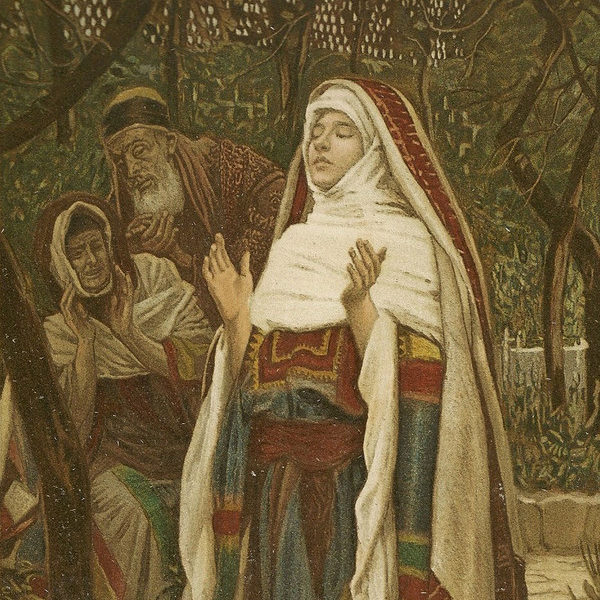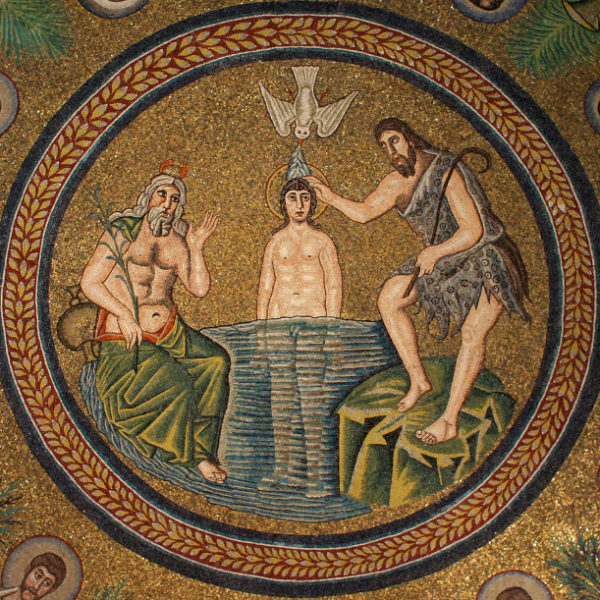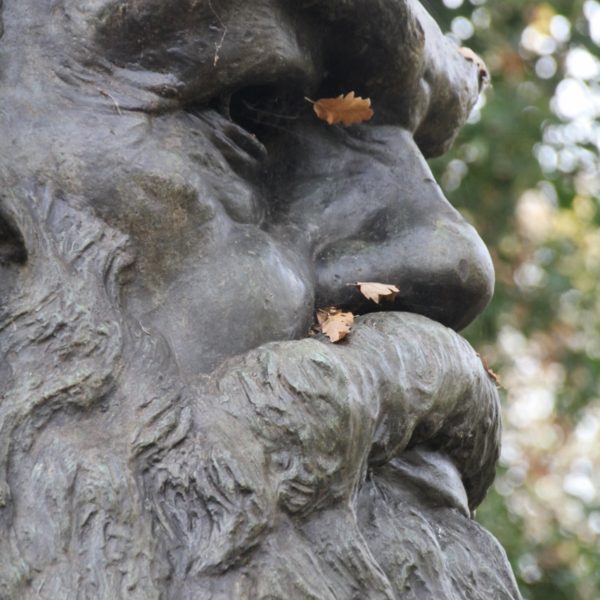
To behold is to stand somewhere between the passiveness of being a pawn in the trajectory of fate and the activity of making the world ourselves. Beginning with the act of beholding grants us necessary perspective upon our political acts and identities.

The political significance of Paul’s charge to the Colossians to give thanks to the Father in all things that they say and do is surprising in its far-reaching implications. The proper direction of our gratitude to God, the giver of all good gifts, limits the power of those who would dominate by indebting others, encourages us to release others from their debts to us, and frees us to give to those who cannot repay: it is one of the most radical political actions the Church engages in.

In the incarnation of Jesus, all our systems of social stratification—all our means of exploiting, oppressing, and humiliating one another—are revealed to be lies. Mary expresses a ‘Christmas revolution’ in her Magnificat, a vision for a radically different way of living decisively ushered in by God’s becoming one of us in Christ.

In the wake of an atrocity such as the San Bernardino shooting or the attacks in Paris, the choice between the politics of righteousness and the politics of fear will press upon us with a renewed urgency. However, it is righteousness—justice and ethical probity—that is the only genuine answer at such a time.







